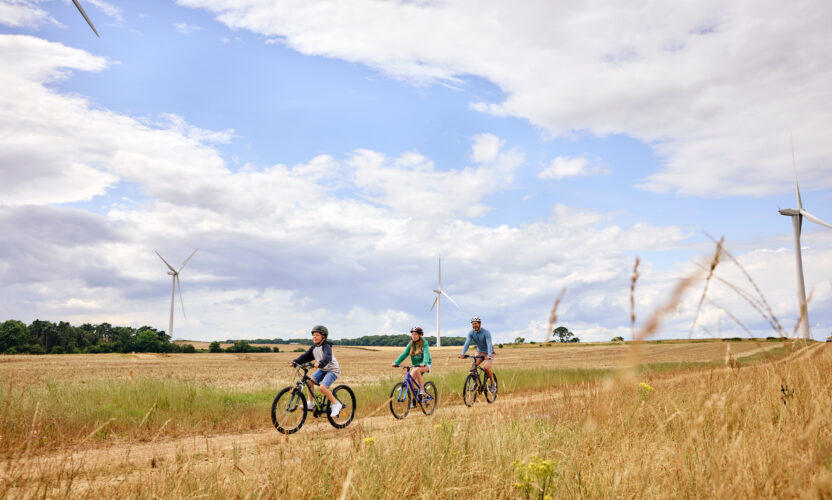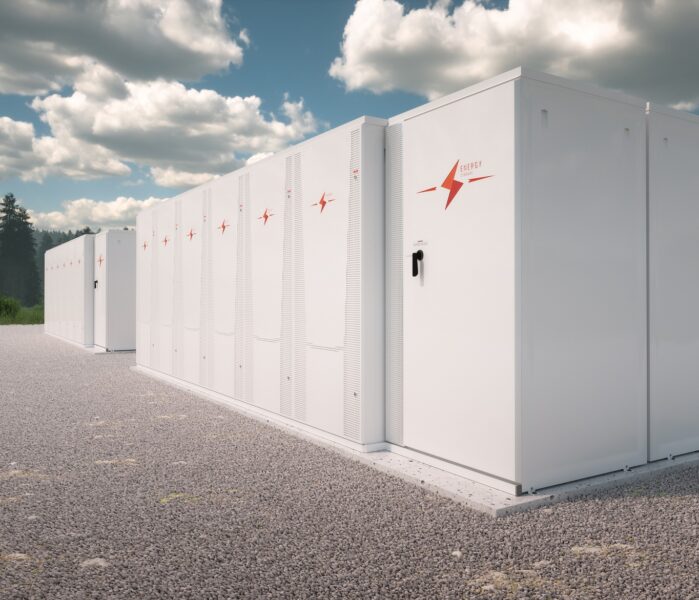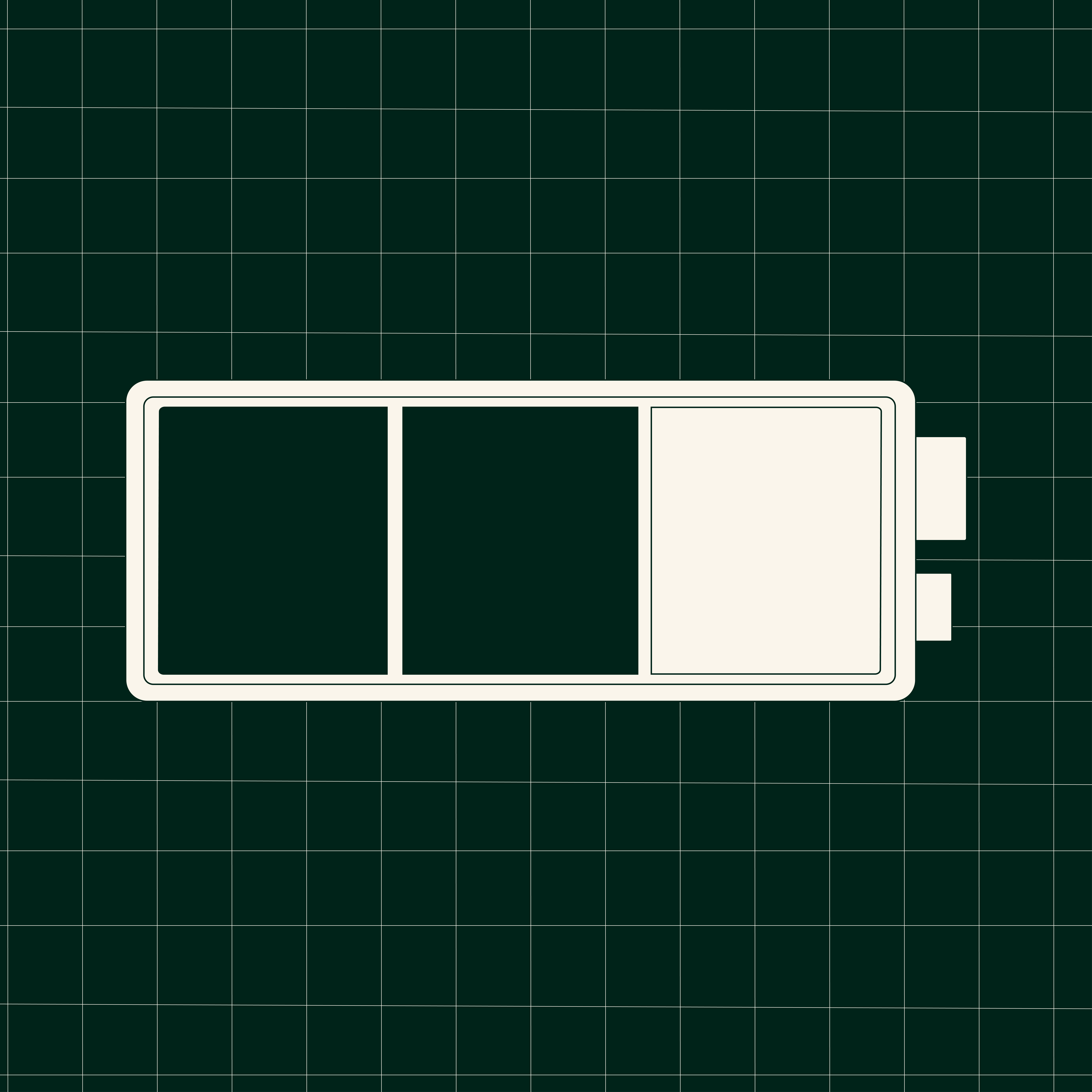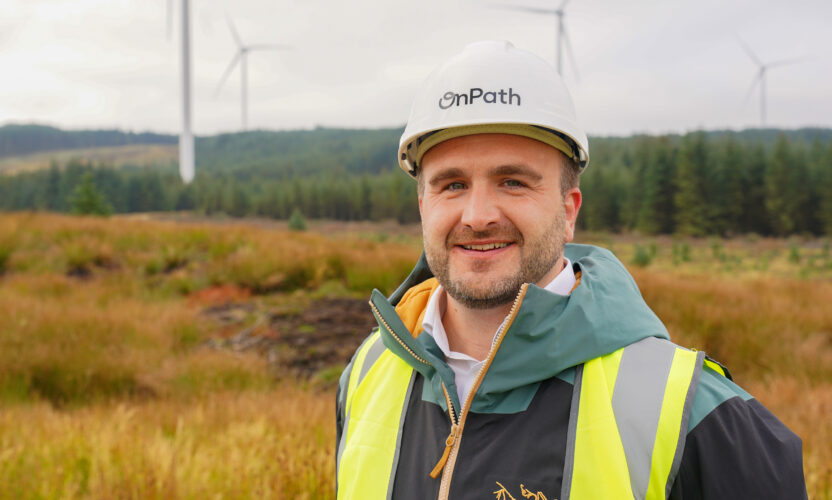Battery storage
As the UK is increasingly powered by renewable energy sources like wind and solar, we need large scale, flexible energy storage to ensure a steady stream of electricity whatever the weather. Because the wind isn’t always blowing, or the sun always shining, battery storage systems hold onto electricity that is generated on those windy and sunny days until we need it most.
Domestic energy demand peaks at breakfast time and again in the evening. The energy stored in these large-scale batteries can be accessed during high demand or when renewable sources aren’t available, ensuring a reliable and steady power supply for everyone. At the moment, maintaining a steady and constant supply of electricity to the grid is largely achieved by burning carbon-intensive fossil fuels.
By developing battery energy storage systems (BESS) rather than burning fossil fuels to meet short term demand we avoid significant CO2 emissions, helping to make the energy grid more efficient and facilitate more renewable energy generation supporting the UKs drive to net zero. This also helps to improve our energy security, and reduces our dependence on fossil fuels which are vulnerable to the kinds of sudden price rises seen in recent years.




